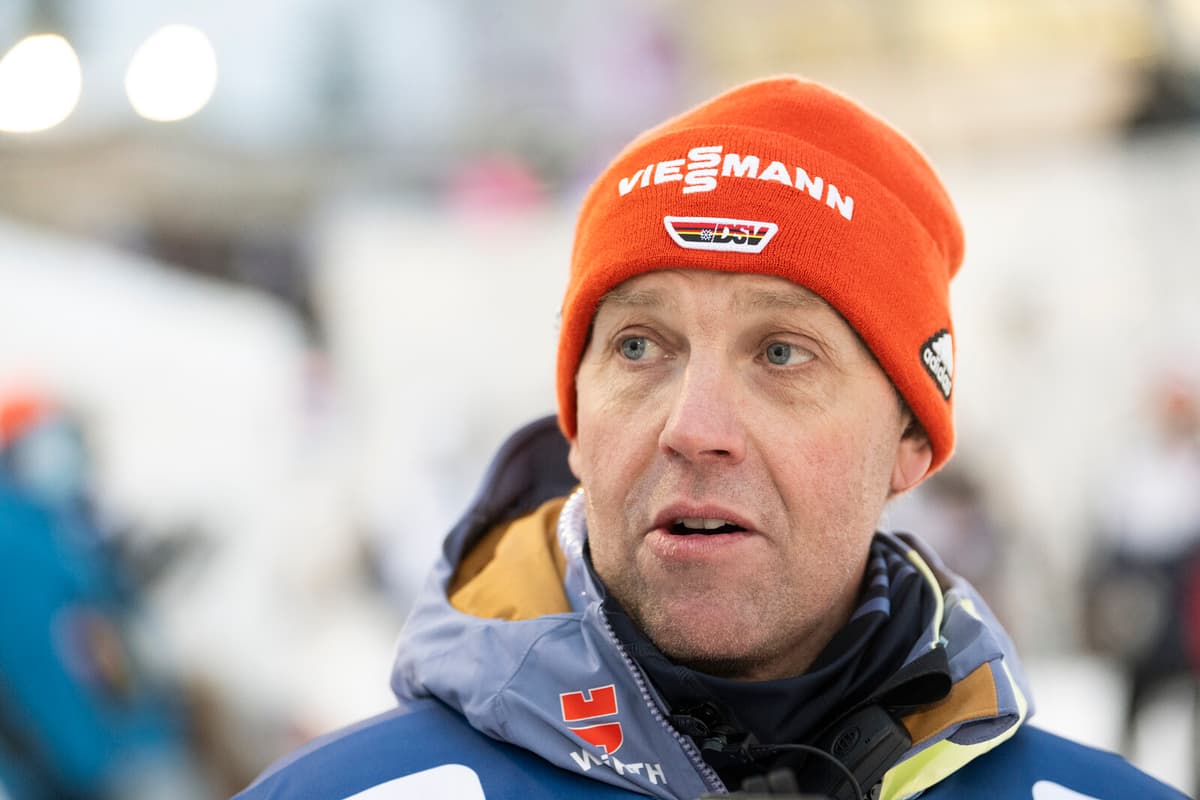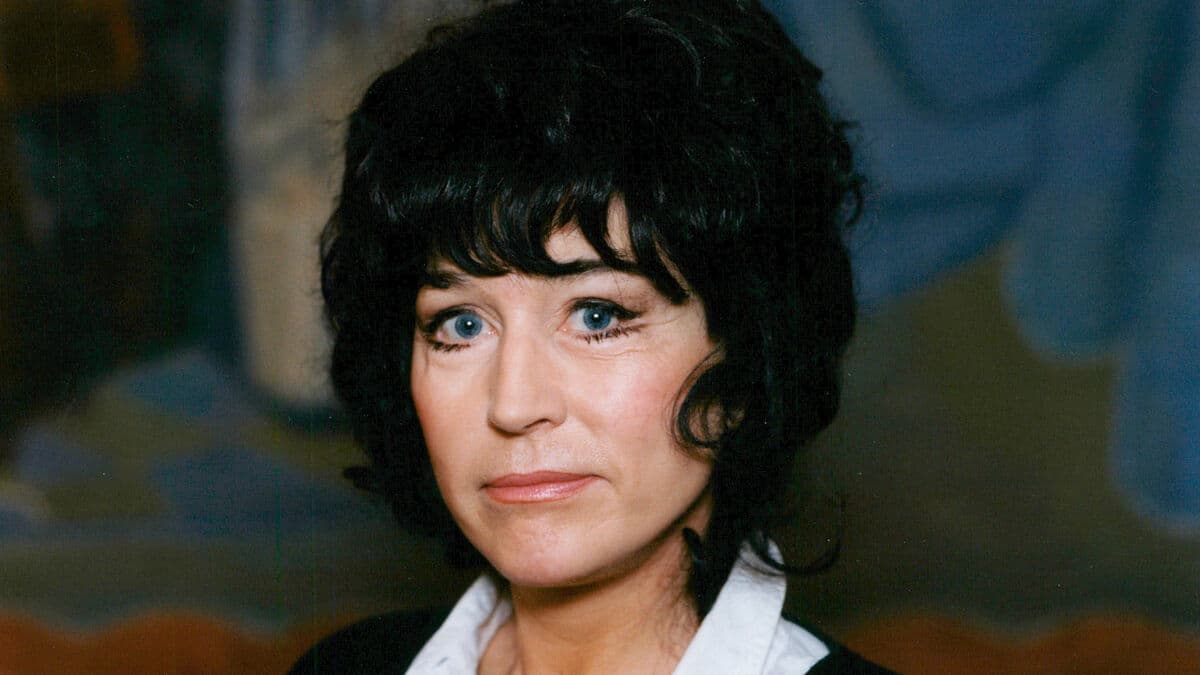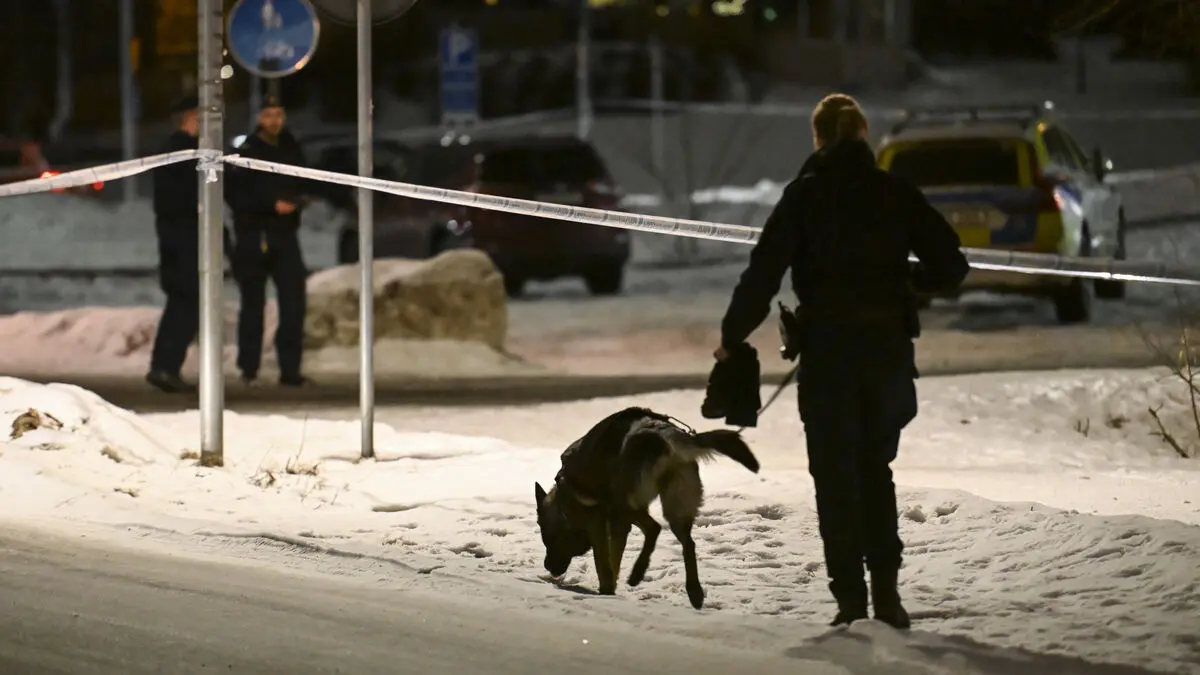During the military winter games in Germany in March, Victoria Carl received a cough medicine from a doctor in the military national team. Later, she tested positive for the banned substance Klenbuterol, which was in the cough medicine.
The German defense healthcare service took responsibility and the chief physician of the competition made a written statement.
"Deficient"
"The doctor's prescription was medically understandable, but organizationally deficient. It is not the athlete's fault at all. She acted in confidence with a specialist and the competent care in an official military competition environment".
Now, Victoria Carl, who is Germany's best cross-country skier and came second overall in the winter's World Cup, risks a long suspension. If Carl is convicted, she will miss the Olympic Games in Italy next year. The German national anti-doping organization Nada has initiated an investigation into the penalty.
Carl's personal trainer Per Nilsson is now commenting on the doping scandal for the first time.
I know they had the first hearing. Soon, a decision will be made about what will happen to her. I hope it will be a good decision from those who have the whole picture, says Per Nilsson to TT.
"What happens"
What was your first reaction when you heard that Carl had tested positive?
First, I felt: What happens? It's tough.
Per Nilsson continues:
I have been quite neutral. I am not her head coach and have not been affected much by her daily training. But it was still, as everyone felt, what a shock it was. It is a case in our organization.
Happened outside the national team
Per Nilsson does not think that the German ski national team could have done anything to avoid this:
It did not happen in connection with the ski association's activities, but in connection with the military winter games, says Nilsson, who is also a trainer for the Swedish ski star Frida Karlsson.
TT: How has the doping case affected the German cross-country national team?
It's too early to say. Of course, it's a friend and teammate, so this is nothing positive overall. We had a camp where we also had some talks about what happened. But what we said, I'll keep internally, answers Per Nilsson, whose contract with the German team expires in the spring of 2026.
I'll drive this year, then we'll see what happens in the future, says Nilsson, who announces that he would like to continue training Frida Karlsson:
As long as she wants, I will stay with her.
+ 2001: Six Finnish skiers (Mika Myllylä, Janne Immonen, Jari Isometsä, Harri Kirvisniemi, Milla Jauho, and Virpi Kuitinen) received a two-year suspension in connection with the doping scandal during the World Championship in Lahtis.
+ 2002: Russian star Larisa Lazutina, Russia, was caught for blood doping during the Olympic Games in Salt Lake City. Suspended for two years.
+ 2002: Johann Mühlegg, Spain: Tested positive for darbepoetin (synthetic form of Epo) during the Olympic Games in Salt Lake City. Suspended for two years.
+ 2006: Austria's Olympic team: Johannes Eder, Roland Diethard, Martin Tauber were suspended for two years after positive doping tests during the Olympic Games in Turin. The leader Walter Mayer, who also won the Vasaloppet in 1980, later received a prison sentence for his handling of doping preparations.
+ 2011: Christian Hoffman, Austria, was banned for six years for doping.
+ 2019: In connection with the World Championship in Seefeld, the Austrian cross-country skier Max Hauke was caught in the act when he was blood doping with a cannula in his arm. He was sentenced by a court to a four-year suspension. Hauke chose to end his career.
+ 2016: Norway's Martin Johnsrud Sundby used a special asthma medicine and was suspended for two months.
+ 2016: Therese Johaug, Norway: Tested positive for Clostebol (anabolic steroid). Johaug explained that she had ingested the substance through a cream she had received from the team doctor. She was suspended for 18 months.






